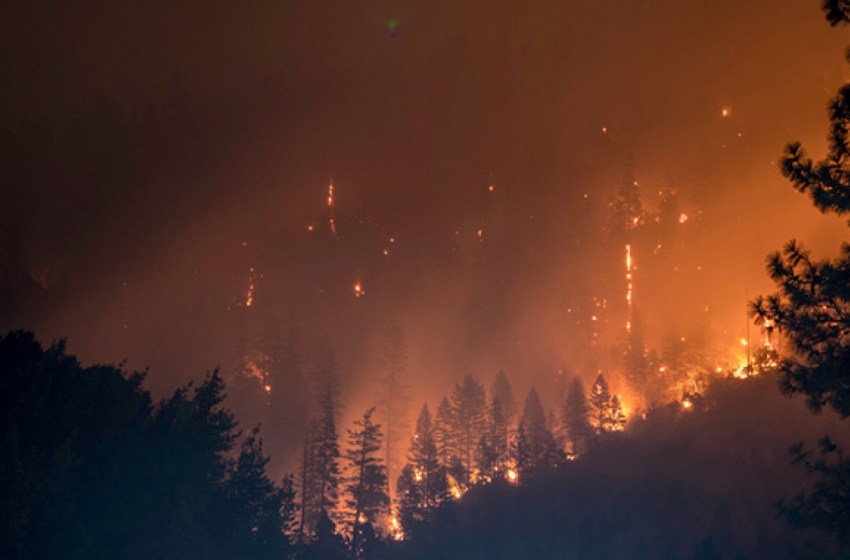Copernicus: Temperatures in Europe increase more than twice global average; Europe presents a live picture of a warming world – Press Release The WMO’s State of the Climate in Europe report, produced jointly with the Read More
Tags :Copernicus
The new Copernicus In Situ Component Information System “CIS2” recently released its most comprehensive requirements database yet and is well under way to become a critical part of the Copernicus data services portfolio. What is Read More
The Earth Observation for Ukraine (EO4UA) has been initiated to support Ukrainian and international authorities in assessing war-related environmental losses by provisioning processing capabilities combined with a large repository of satellite data and higher-level Read More
Take part in the CloudFerro contest for satellite images of water and win great prizes! Cloudferro, the home of Creodias, invites you to join their contest “Seize the beauty of our planet” for the best Read More
This week the European Association of Remote Sensing Companies (EARSC) published an important position paper on the future of Copernicus from the European Earth Observation Services industry. This paper describes the position of the European Read More
Featured image by vwalakte on Freepik One of the United Nations Sustainable Development Goals is SDG 11: “Make cities and human settlements inclusive, safe, resilient and sustainable”. Earth Observation (EO) data provides the data about cities Read More
This summer, the Copernicus Emergency Management Service (CEMS) celebrated a decade of operation as a world leader in emergency mapping, early warning tools and open-access disaster information. For the past ten years, Copernicus CEMS has Read More
In June this year the SKIES project team organised an in-depth training workshop for the use of the ONDA platform, one of the official Copernicus DIAS (Data and Information Access Systems) platforms. This workshop has Read More
The University of Stirling invites applications for a Research Fellow in Earth Observation to join the Earth and Planetary Observation Science Research Group. The University of Stirling is looking for a candidate with expertise Read More
On 23 December 2021, Copernicus Sentinel-1B experienced an anomaly related to the instrument electronics power supply provided by the satellite platform, leaving it unable to deliver radar data. Since then spacecraft operators and engineers have been Read More










